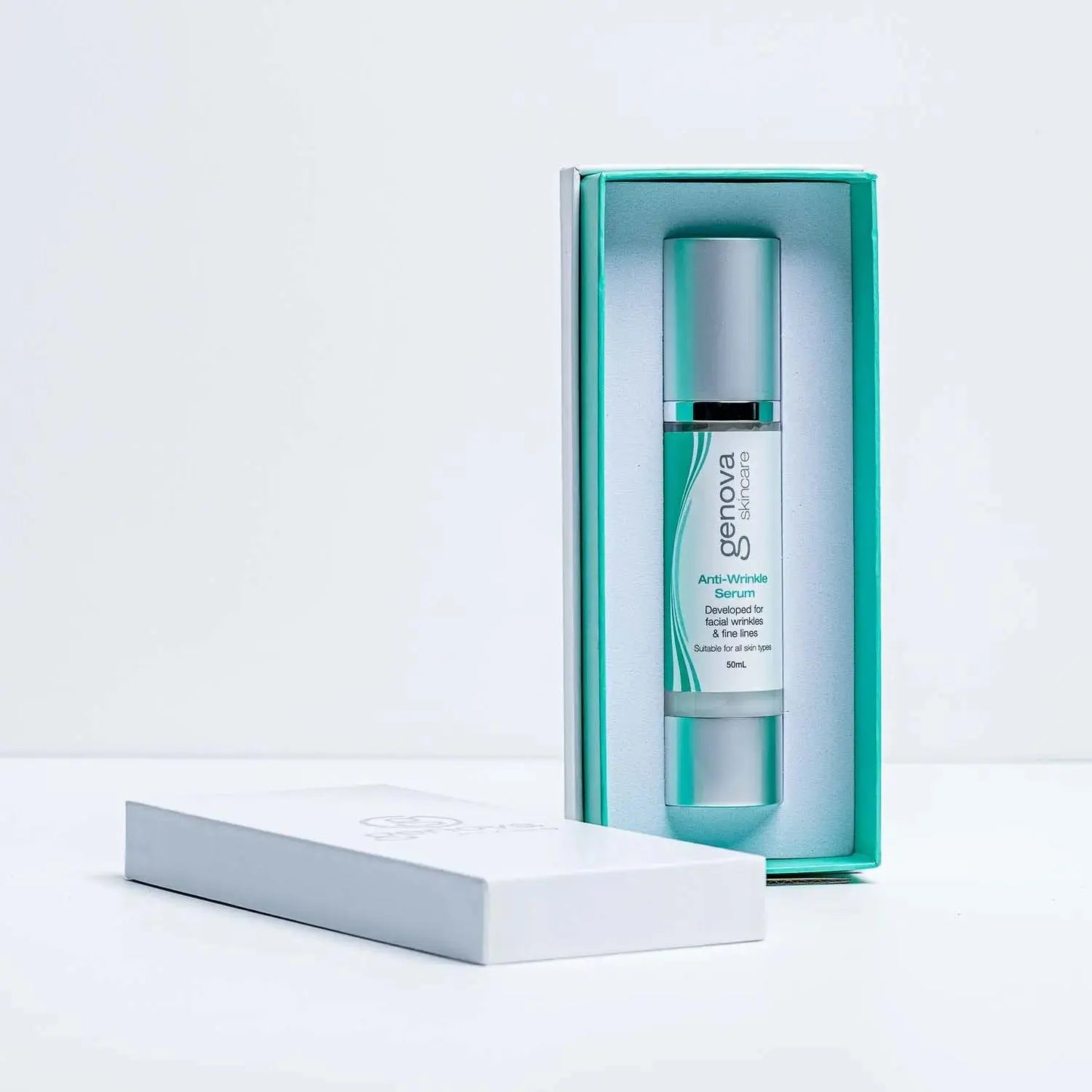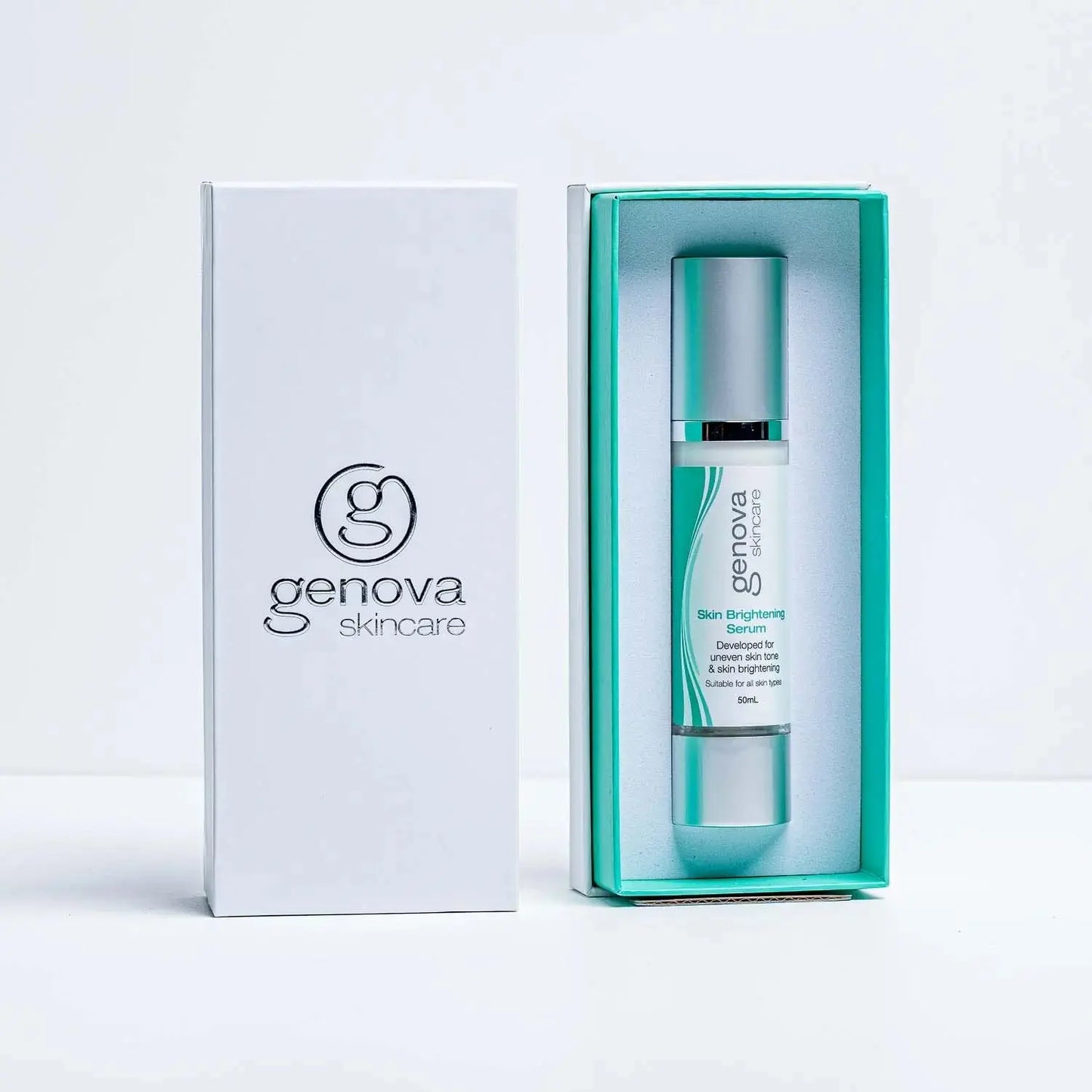How Hormonal Changes in Menopause Affect Skin: Tips to Stay Radiant
Hormonal changes in menopause affect the skin in many ways. You might experience dryness, sensitivity, collagen loss, acne, and unwanted hair. There can also be hot flushes, pigmentation changes, and age spots. Understanding how hormonal changes in menopause affect skin can help you know what to expect and how to manage these changes, ultimately keeping your skin healthy. In this article, we’ll explore these effects and share tips to maintain your skin’s radiance during menopause.
Key Takeaways
- Menopausal hormonal changes lead to dry skin, increased sensitivity, and loss of collagen, significantly affecting skin health and appearance.
- Effective skincare during menopause includes gentle cleansers, fragrance-free moisturisers, and treatments like estrogen therapy and hyaluronic acid to combat dryness and wrinkles.
- Lifestyle modifications, including stress management and sun protection, are crucial in maintaining skin health and addressing acne and pigmentation.
Dry Skin and Itching
As estrogen levels drop during menopause, dry skin becomes a common complaint. The decline in this hormone is the primary cause of the skin’s loss of natural moisture, leading to dryness and itching. The skin suddenly struggles to retain water, leaving it parched and craving hydration.
During this period, the skin becomes more sensitive and prone to irritation, exacerbating conditions such as eczema and rosacea. It’s as if the skin and hair react to changes they don’t quite understand.
Mild cleansers are a godsend for combating dry skin and itching. Ditch the soap and opt for a gentle cleanser to avoid stripping your skin of its natural oils. Moisturisers with ingredients like hyaluronic acid or glycerin can retain moisture and alleviate dryness. Think of them as a tall drink of water for your thirsty skin.

Increased Sensitivity
Hormonal fluctuations during menopause can make the skin more sensitive, leading to significant irritation. The skin’s protective barrier is compromised, making it susceptible to external aggressors.
Managing sensitive skin requires a delicate touch. Fragrance-free moisturisers minimise the risk of further irritation. A gentle skincare routine can soothe and protect sensitive skin and support skin barrier function, ensuring it remains calm and resilient during these turbulent times.
Loss of Collagen
One of the most noticeable changes in skin during menopause is the loss of collagen. Collagen, the protein that gives skin elasticity and firmness, diminishes significantly, leading to more visible wrinkles. It’s like the scaffolding of your skin is weakening, causing it to sag and lose its youthful bounce.
Decreased skin collagen production also affects the skin’s overall structure, resulting in laxity and altered facial contours. This can be particularly disheartening as the face in the mirror begins to change in unfamiliar ways.
Thankfully, treatments are available to mitigate collagen loss. Estrogen therapy can help restore some skin hydration and elasticity, while natural hyaluronic acid treatments like hyaluronic acid serums can enhance moisture levels and reduce the appearance of wrinkles. These interventions are effective and can help keep your skin looking its best despite the hormonal rollercoaster, giving you confidence in your skin’s resilience.
Acne Flare-Ups
Just when you thought acne was a thing of the past, it can reappear during menopause. Hormonal imbalances, particularly increased testosterone levels, are the main culprits behind menopausal acne. It’s like a cruel joke, battling breakouts alongside wrinkles.
Women who had acne in their adolescent years may experience flare-ups again later in life, particularly during menopause. Stress and lack of sleep can further exacerbate acne as they increase hormone levels that contribute to breakouts. Managing stress and ensuring adequate rest are crucial to keeping these flare-ups at bay.
While more research is needed to understand the relationship between menopause and acne fully, hormonal changes play a significant role. Increased testosterone levels, stress, and lack of sleep can contribute to menopausal acne. A gentle skincare routine, including regular cleansing and moisturising, and consulting with a dermatologist can help manage these unwelcome breakouts.
Hot Flushes and Redness
Hot flushes are one of the most recognisable menopausal symptoms, often accompanied by facial redness. Due to reduced estrogen levels, the hypothalamus, which regulates body temperature, becomes overly responsive to temperature changes, resulting in sudden warmth and redness, particularly on the face.
Lifestyle factors such as smoking and obesity can increase the likelihood of experiencing hot flashes. Healthy lifestyle choices can help manage these symptoms and reduce their frequency and intensity.

Unwanted Facial Hair
Hormonal changes during menopause can lead to the unwelcome appearance of facial hair. The primary causes are a decrease in estrogen and an increase in testosterone levels. The hormonal balance shifts, leading to unexpected hair growth in new places.
Approximately 40% of women over 45 report experiencing excess facial hair growth. Effective treatment options, such as laser hair removal, can help manage unwanted facial hair and restore confidence.
Changes in Pigmentation
Hyperpigmentation, including melasma, often becomes more pronounced during menopause due to hormonal changes. As estrogen levels decline, melanin production can increase, leading to dark spots and irregular skin tone. Genetics also influence how skin pigmentation changes, influencing conditions like melasma.
Daily use of broad-spectrum sunscreen with SPF 30 or higher protects the skin from further damage and prevents the exacerbation of pigmentation issues. It’s a simple yet effective step in maintaining a more even skin tone.
Structural Changes
Menopause causes significant structural changes in the skin, mainly due to collagen loss. Around 30% of collagen is lost in the first five years of menopause, profoundly affecting facial appearance. This loss contributes to slower wound healing and impacts the skin’s ability to repair itself.
These changes can take a toll on self-esteem, with approximately 70% of women experiencing mental health impacts during menopause. It’s important to remember that these changes are a natural part of the aging process, and seeking support from healthcare professionals or support groups can help manage these emotional impacts. Consulting a dermatologist for personalised recommendations and regular skin cancer screenings becomes increasingly essential during this time.
Preventing and Treating Age Spots
Age spots, flat brown or black areas that develop on sun-exposed skin, are common during menopause. Hormonal changes and increased sun exposure can further exacerbate pigmentation issues. Prevention strategies include regularly using broad-spectrum sunscreen with SPF 30 or higher.
Specific treatments for age spots should be discussed with a dermatologist to avoid the risk of masking any type of skin cancer. This ensures that any new or changing spots are appropriately monitored and treated.

Maintaining Healthy Skin During Menopause
Understanding the unique needs of healthy skin during menopause is crucial. As the skin loses its water-retention capabilities, significant dryness can occur. Moisturisers containing hyaluronic acid or glycerin are particularly effective in combating this dryness.
Lifestyle changes, including a balanced diet and stress management, may help reduce menopausal acne flare-ups. Routine dermatological check-ups are essential for monitoring skin health and addressing any concerns.
Summary
Navigating the skin changes that come with menopause can be challenging, but understanding the underlying causes and implementing effective skincare strategies can make a significant difference. Embrace this journey confidently, knowing radiant skin is still within reach.
Frequently Asked Questions
How does your skin change during menopause?
Skin changes during menopause include increased dryness, thinning, and a reduction in collagen, which can lead to more wrinkles and fragility. Employing a fragrance-free moisturiser and cosmeceuticals can help mitigate these effects.
What causes dry skin during menopause?
The drop in estrogen levels during menopause is the primary cause of dry skin. This hormonal change significantly affects skin hydration and elasticity.
How can I manage increased skin sensitivity during menopause?
To manage increased skin sensitivity during menopause, it is advisable to use fragrance-free moisturisers and adopt a gentle skincare routine to reduce irritation effectively.
What treatments are available for collagen loss during menopause?
Estrogen therapy and hyaluronic acid serums are effective treatments for restoring skin hydration and elasticity during menopause. These options can significantly address collagen loss and improve overall skin health.
Why do I experience acne flare-ups during menopause?
Acne flare-ups during menopause are primarily caused by hormonal imbalance and significantly elevated testosterone levels. Addressing these hormonal changes can help manage the skin condition.








